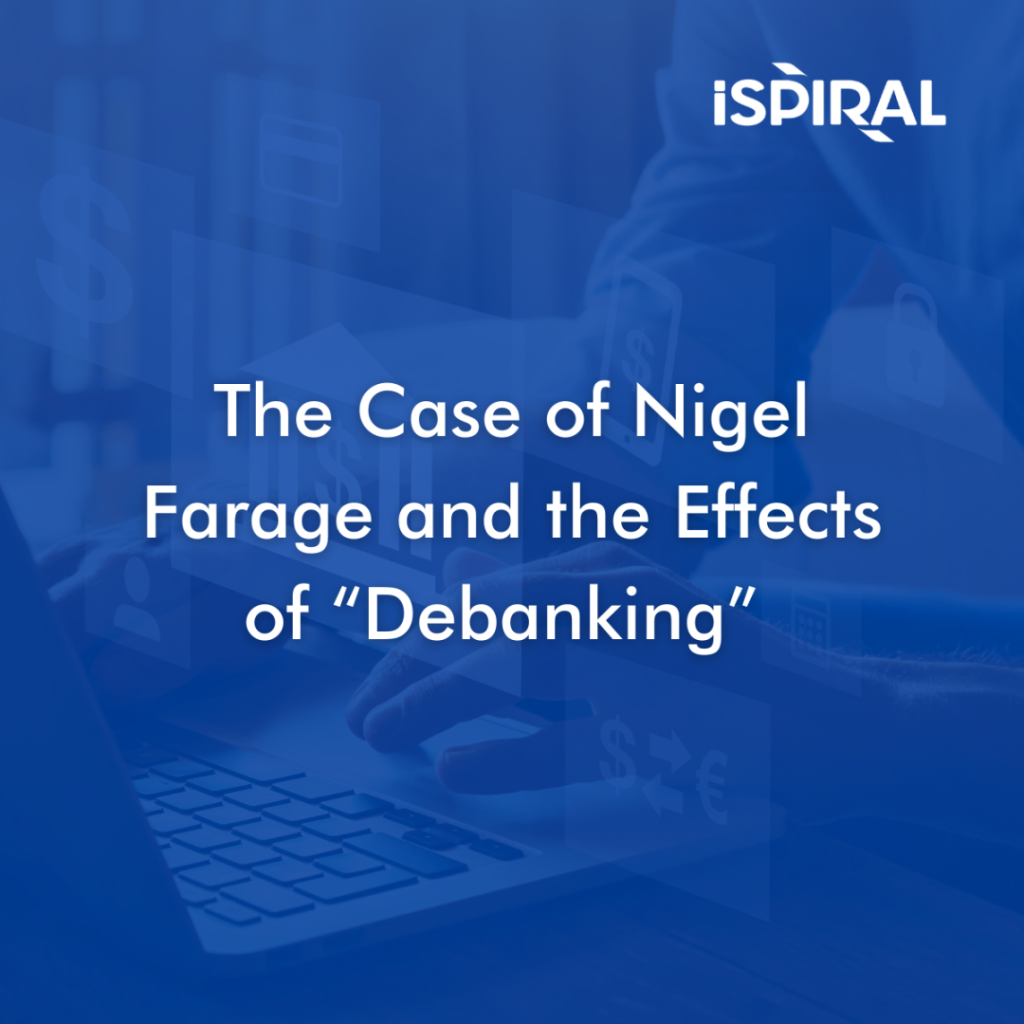According to The United Nations Office on Drugs and Crime (UNODC), Money Laundering activity involves 2% and 5% of global GDP annually which translates to $800 billion – $2 trillion. It acts as a vehicle to “clean” money from fraud, human and drug trafficking, and tax evasion, encouraging financial crime.
When did Money Laundering Start?
Money laundering may not be the oldest recorded crime, but its origins started more than 2000 years ago. The first recorded money launders were Chinese merchants who wanted to hide money from government bureaucrats. The way they were laundering money was by cycling them through different companies and financial transactions of high complexity.
Hence the Name…
The act may be some millennia-old but it was given the term “Money Laundering” quite recently. Historians link the term with Al Capone and other gangsters during the 1920s, known as the prohibition era. More specifically, as alcohol was made illegal in the United States, a black market arose to meet the unsatisfied demand for alcoholic beverages, and it was very profitable. Al Capone who was operating such organised crime in Chicago at that time established laundromats all over the city in order to mix his illicit earnings with the legitimate earnings. Laundromats were chosen since they were cash businesses, a huge advantage for concealing the origins of money obtained illegally.
And it became a Federal Crime for the First Time in History
The 1980s were the decade where the war on drugs was at its peak in the US. For that reason, the Reagan administration introduced laws to prohibit money laundering in an aim to combat the sale of illicit narcotics. One of the first laws implemented was the “US Money Laundering Control Act” in 1986 and it was followed by similar regulations in other countries across the globe. The whole situation led to Money laundering becoming a federal crime for the first time in history. Despite the use of strong laws on a national level, both the drug trade and money laundering were still a major threat because they were classified as international crimes.
Counter-Terrorist Financing
Money laundering regulations saw a new wave of enforcement after the 9/11 terrorist attack with banks being heavily affected. The consequences of the attack led to “The Patriot Act” which gave the US government enormous powers to fight terrorism. More specifically, Title III of the Patriot Act implies that financial institutions must upgrade their AML programs and increase their due diligence reports on foreign bank accounts.
Banks at the Epicenter
Even if it is becoming harder to launder money with the years, it is still a major threat worldwide. One such case is Deutsche Bank’s current investigation (sparked by the Panama Papers) for allegedly assisting customers set up offshore accounts that will help in transferring illegally obtained money. The bank’s name is also involved in the Danske Bank scandal. The European Colossus was also fined $630 million by US and UK regulators due to connections to a Russian money-laundering scheme that involved about $10 billion.



